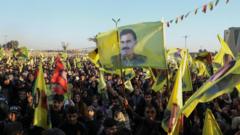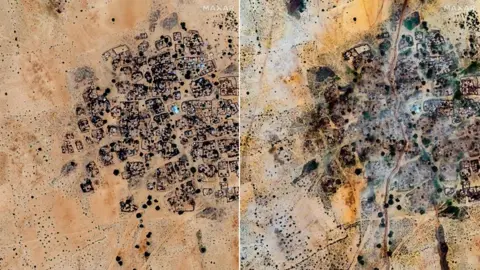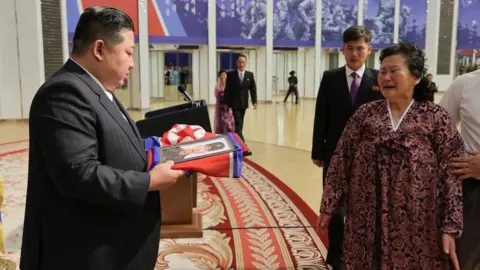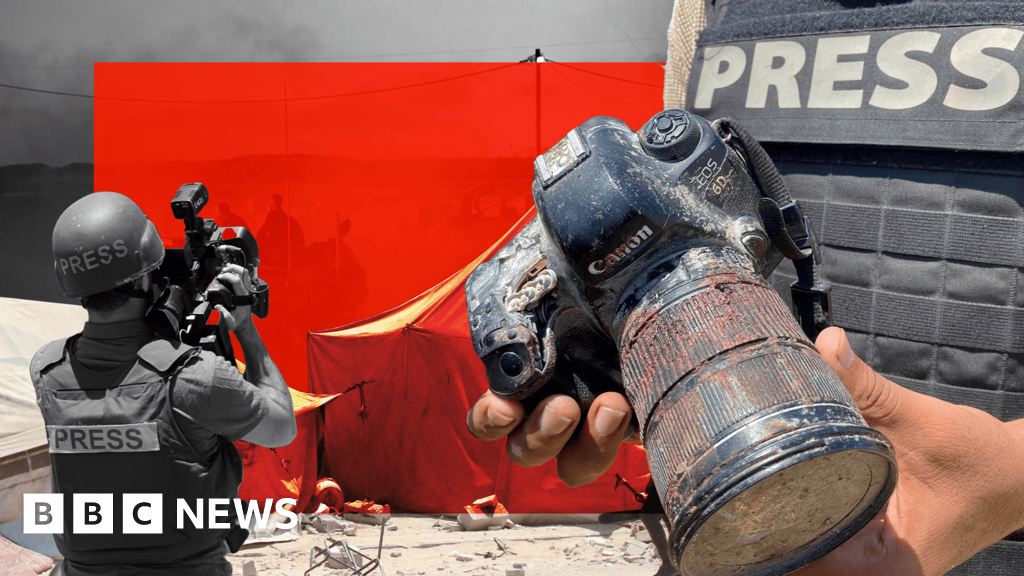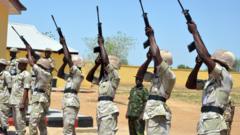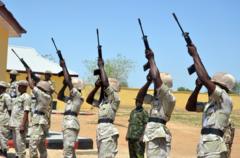After 40 years of conflict marked by over 40,000 fatalities and the failed quest for a Kurdish homeland, the Kurdistan Workers Party (PKK) has declared its intention to cease hostilities against the Turkish state. This announcement marks a significant milestone in one of the world’s longest-running conflicts, raising hopes for peace among the Kurdish community while also provoking skepticism and concerns regarding the lack of governmental assurances.
In a recent statement, a spokesperson from President Recep Tayyip Erdogan's ruling party praised the PKK’s step towards disarmament as pivotal in the country's fight against terrorism. Yet, voiced apprehensions from Kurdish communities illustrate a deep-rooted mistrust of government promises. 65-year-old Necmettin Bilmez reflected this sentiment, stating, “They [the government] have been tricking us for thousands of years,” and emphasizing that true belief in governmental goodwill will only come with the recognition of Kurdish identity through official documentation.
On the contrary, 80-year-old Mehmet Ek expressed a more hopeful sentiment, suggesting that any efforts to halt the violence are commendable, regardless of the source. He underscored that the conflict has resulted in loss on both sides, referring to the human cost of the violence as it draws tragic parallels between Kurdish and Turkish lives.
In Diyarbakir, the de facto capital of the Kurdish population in Turkey, reactions to the PKK's announcement were subdued. Historical scars from violent clashes remain visible in the city's landscape, with many residents expressing a desire for peace after years of destruction. Ibrahim Nazlican, 63, who recalls the crisis, noted, “No one has achieved anything… There are no winners,” illustrating a consensus on the need for reconciliation.
Calls for justice include demands for the release of PKK founder Abdullah Ocalan, who has been incarcerated since 1999. Many Kurds argue that Ocalan’s freedom is essential to fostering peace and addressing their grievances. Among his supporters, a 47-year-old woman named Menice shared her painful loss, recounting the deaths of five family members, including her eldest son, who joined the PKK, underscoring the human toll of the conflict. “We want peace,” she stated, proclaiming the necessity of Ocalan's release for true freedom.
Political dynamics further complicate the path to peace; Erdogan’s need for Kurdish political support may provide leverage for negotiations. Nevertheless, the PKK has faced significant military setbacks recently, which may have hastened their decision to pursue a cessation of conflict. As both sides weigh their options, there exists tentative hope that this turning point may be the beginning of a long-desired peace for both the Kurdish and Turkish people.

